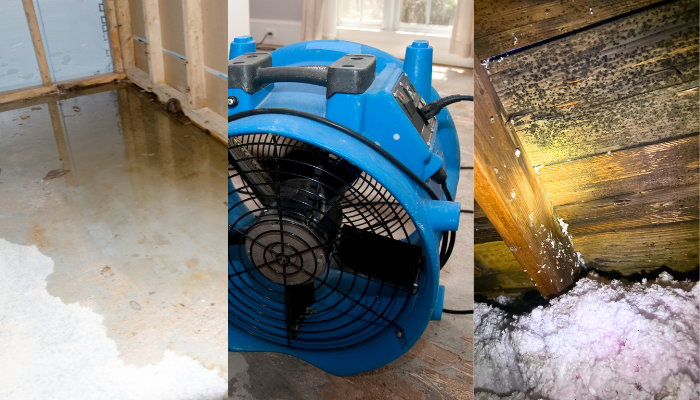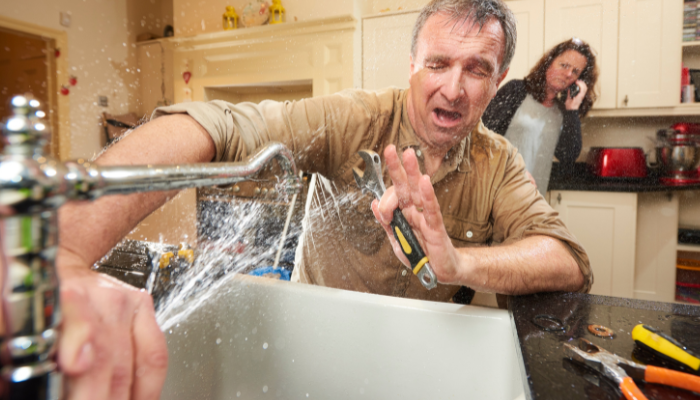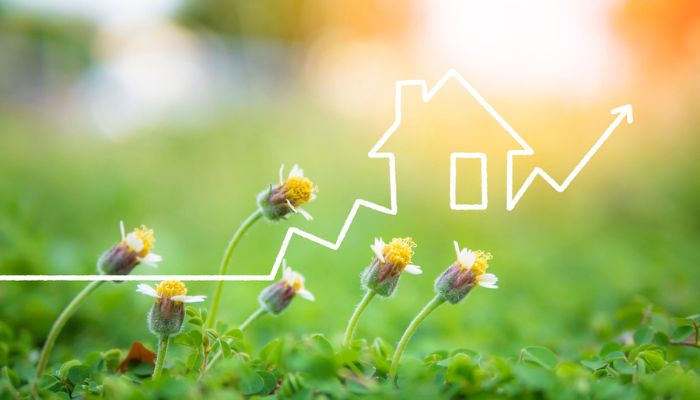Chicago’s vibrant energy and iconic architecture are matched only by its dynamic and often harsh weather.
Your Local Evanston, IL Property Restoration Blog
December 16, 2025
Hoarding Cleanup in Chicago: Combining Practical Steps with Emotional Support
Hoarding is far more than just “too much clutter.
Read the article











